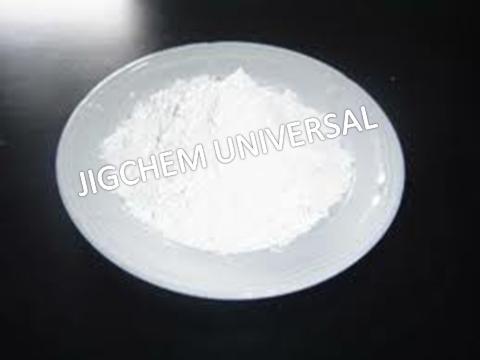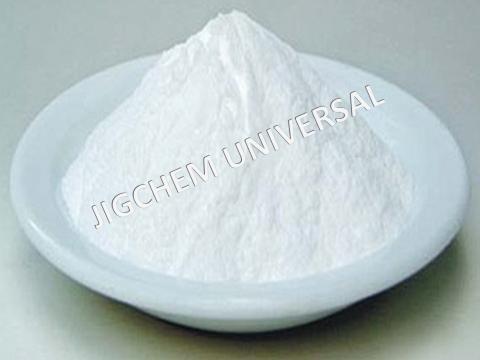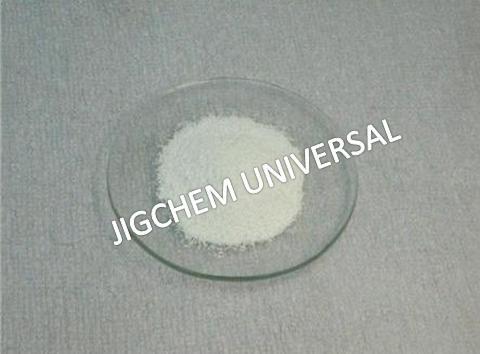Inositol
Product Details:
Inositol Price And Quantity
- 20 INR
- 25 Kilograms
Inositol Trade Information
- Cash in Advance (CID) Cash Advance (CA)
- 25 Kilograms Per Day
- 1-3 Days
- Australia Middle East Central America Africa South America Western Europe Asia Eastern Europe North America
- All India
Product Description
Inositol has been used to treat and prevent progression of athero-sclerosis throughout the body and to help reduce cholesterol, there is no good evidence from human studies that inositol lowers cholesterol and protects against cardiovascular disease. As a mild lipotropic agent, though, it is commonly used by overweight people to help with weight loss, and it may help in redistributing body fat. Exercise helps, too, of course.
Inositol helps promote healthy hair and skin. It has been used to treat eczema, and it may help the hair, especially if there is an inositol deficiency. For sleep, 500 mg. of inositol before bed has a mild antianxiety effect (placebo?) as well as possibly helping to utilize fat and cholesterol during sleep.
Inositol has also had some success therapeutically in improving the nerve function in diabetic patients with pain and numbness due to nerve degeneration. Generally, diabetic people should take extra inositol. People with multiple sclerosis may also receive some benefit with inositol supplementation, as there seems to be a higher percentage of inositol deficiency in nerve cell membranes in those patients.
| Test | Specification (NF12) |
| Characteristic | White crystals or white crystalline powder, with odorless and sweet taste |
| Assay | 97% |
| Identification |
|
| Melthing Range | |
| Chloride | 0.005% |
| Sulfate | 0.006% |
| Calcium | Negative |
| Iron | 0.0005% |
| Loss on drying | 0. 5% |
| Residue on Ignition | 0.1% |
| Heavy Metals(Pb) | 0.001% |






